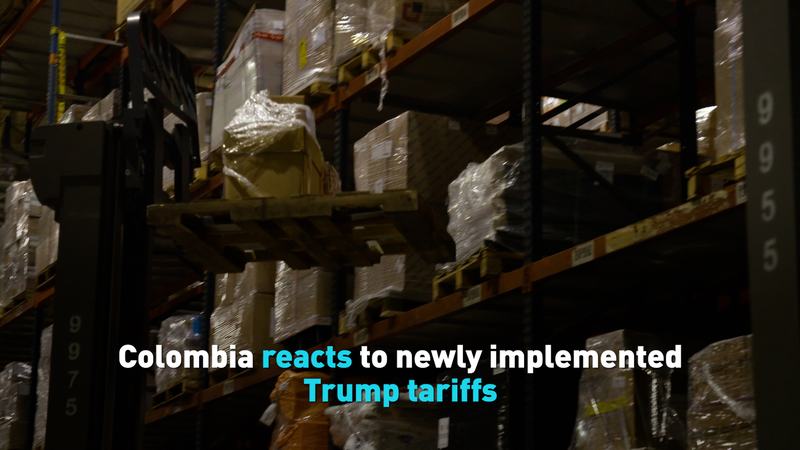Colombia, a nation with centuries of close political and economic links with the United States, now finds itself at the crossroads of change as it faces the latest US tariffs introduced under the Trump administration. While a long-standing ally, Colombia has not been spared from this new round of trade measures, even after reaching an agreement in January concerning deportation flights.
The reaction within Colombia has been notably mixed. On one side, some view the tariffs as a disruptive force challenging the established stability of international relations. On the other, there is a growing chorus that sees in this development a push to reexamine long-standing trade practices and import policies amid a shifting global economic landscape.
This scenario resonates with globally minded young citizens, business and tech enthusiasts, and changemakers alike, who are increasingly attentive to how traditional alliances are tested by new economic policies. Data points to a broader trend in which even historically resilient partnerships must adapt in a world where trade policies can swiftly reshape global alliances.
As trade discussions continue and debates heat up over fairness and future collaborations, Colombia's unfolding situation serves as a compelling example of the challenges faced by nations navigating complex international trade dynamics today.
Reference(s):
cgtn.com




